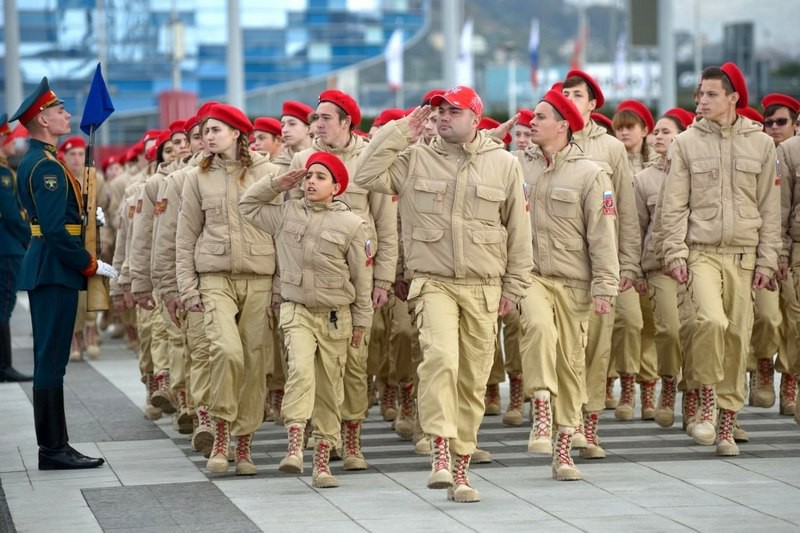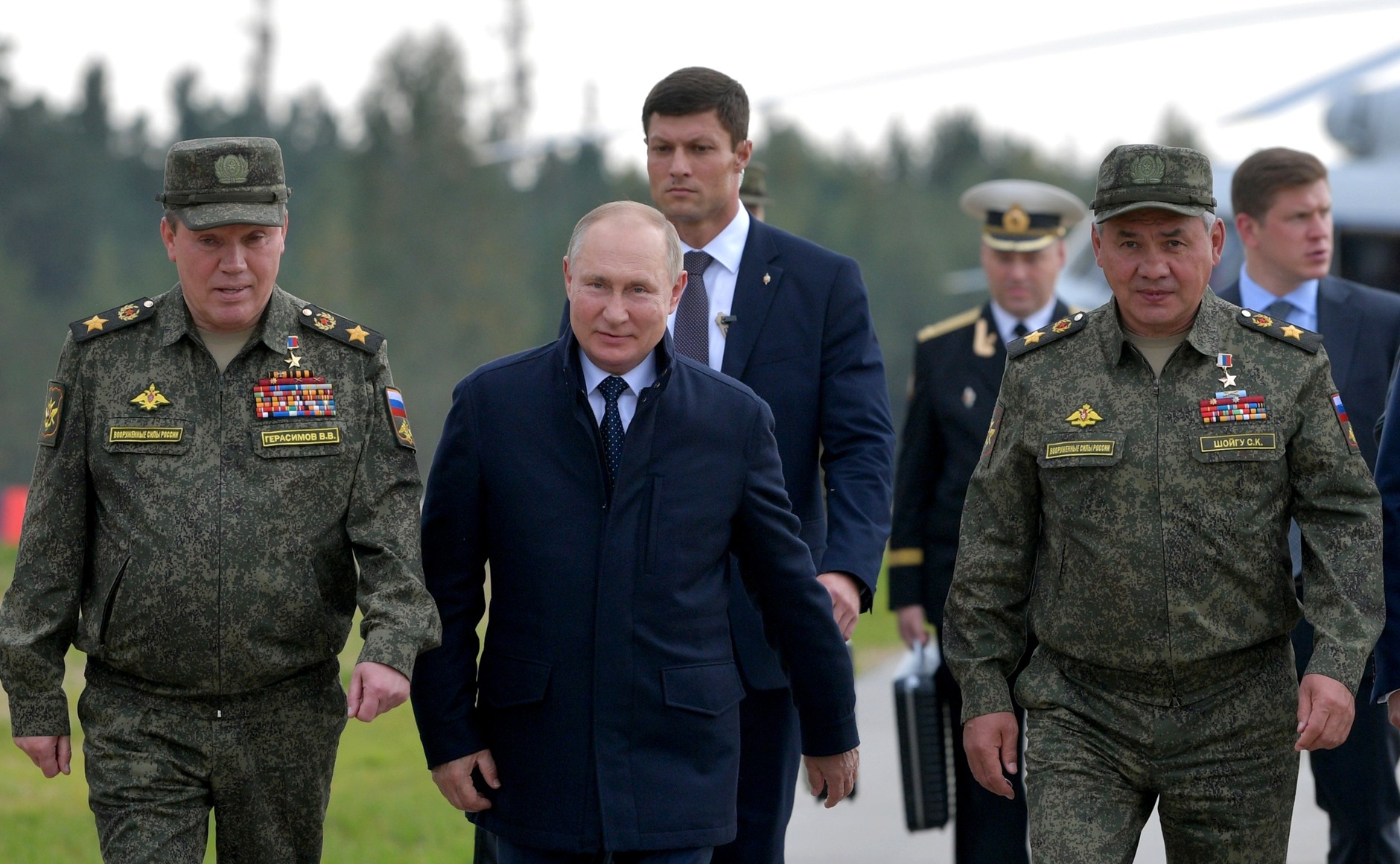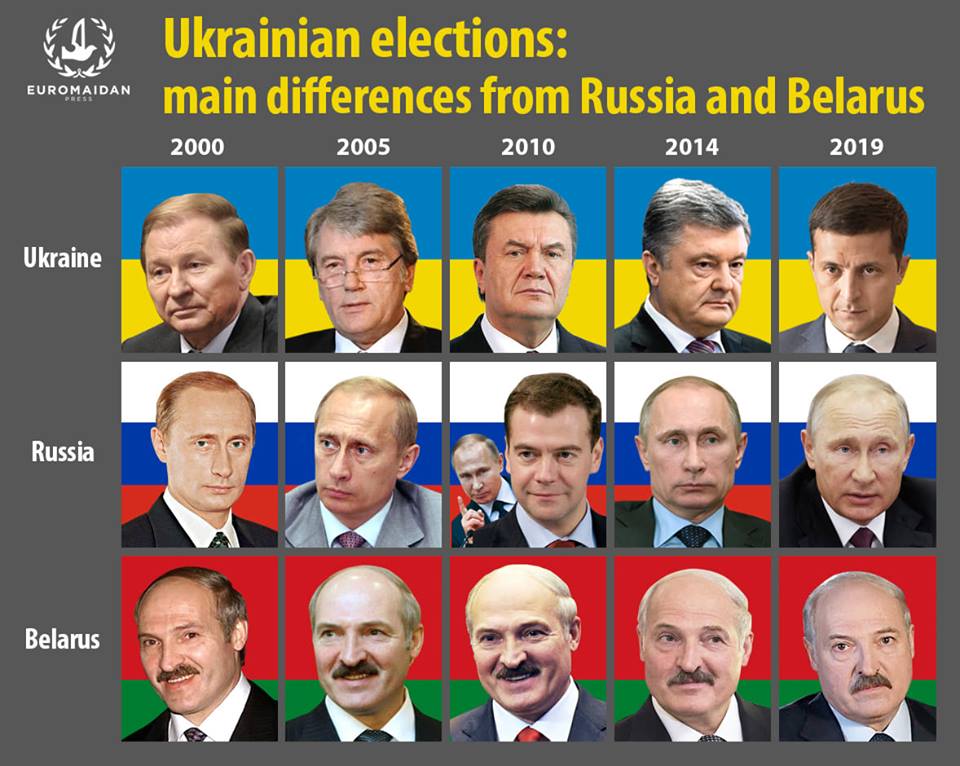The modern Russian official ideology bears quite a few similarities with German Nazism regardless of multiple Russian statements that it invaded Ukraine in order to fight some imaginary "Ukrainian Nazis."
In today’s Ukraine, Ruscism and ruscists are the most widespread words to describe Russian ideology and its supporters.
Why have Z and V become Russia’s symbols of war against Ukraine?
Pundits were wrong: Putinism is the outcome, not a cause
For almost two decades, Western scholars and politicians are trying to explain the Russian political system as Putinism, and many books and articles are produced with extensive explanations of what it is.
There are parallels between Putinism and Stalinism, often overlooking, however, that the personality cult in Russia is rather a historical and cultural trait of society. Therefore, personalities like Putin were demanded by society, and not the opposite, as many tend to think.
In 2015, Andrei Kolesnikov, Carnegie Center fellow, stressed that a “nationalistic and conservative ideology” which was embraced in Russia after the occupation of Crimea, was a demand of the people: “the demand came first…Although ideology emanates from the top, there is demand for it from the bottom.” A new mass ideology was created
“without much effort and absorbed without much reflection…Ideology in Russia is a mass product that is easy to absorb; it is legitimized by constant references to the past, glorious traditions, and occasionally fictional historical events.”
In 2015 Kolesnikov, like many other political scientists, foresaw that the demand and supply for this ideology to grow:
While the Crimea gambit proved to be amazingly effective at generating popular support for the leadership, the regime will have to supply the people with something new in the near future.
As it happened in 2014, in late February of 2022 public support for the Putin political regime has significantly grown. Ruscism, which is rooted in history, not Putinism, is behind the Russian military aggression.
Russian imperialism is a key to understanding the history of Ukrainian-Russian relations
On 21 March 2022, Ukrainian political scientist Ivan Gomza spoke about the Russo-Ukrainian war, provoked by Russian imperialism, at a seminar at the College of William & Mary in Virginia, US:
“People in the West…[and] pundits tend to ignore the imperial nature of the Russian state due to improper parallels they use. They often think of European overseas empires as the only possible type of imperialism. However, throughout history, colonial possessions were acquired predominantly in the neighborhood.”
Gomza gives examples of the Persian Empire, the Ottoman Empire, the Roman Empire and then defines the differences between the overseas empires and land empires:
“What the land-empires did was not a racial division of labor nor merciless exploitation of territories - proper to European overseas empires - but the imposition of their cultural and political models…Ukraine has deviated from the Russian autocratic pan-Slavonic project.”
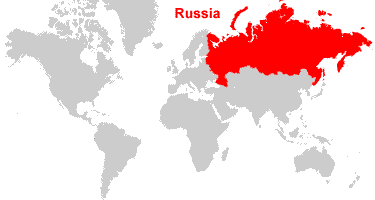
One example of such a misleading interpretation of Russian colonialism is Alexander Etkind’s theory of “internal colonization”, which was criticized by Ukrainian literary scholar Tamara Hundorova. Etkind’s theory implies that Russian land empire colonization was internal colonization; however, as Hundorova shows, the Russian empire was conquering the already colonized people. It was not internal, but for people from Western countries, it might look internal because, in the history of Ukrainian-Russian relations, Russian politics of colonization is persistent and restless. And till today, Western countries share the Russian imperial version of history. Even in the academic libraries of every Western city, the literature on Ukraine is still subjugated to Russian departments.
The ultimate goal of Russian imperialism is expanding the already huge empire which believes it has no borders at all – as the very idea of the Russian World suggests.
In 2016, Putin asked a Russian schoolboy where the borders of Russia end.
"Russia's borders end across the Bering Strait with the United States ...", the student began to answer.
To this, Putin said:
"The borders of Russia do not end anywhere."
87% of Russians approve potential military attack on EU countries – survey
Ukraine, Russia, and the invention of Pan-Slavonic myth
One of the most prominent Russian TV propagandists Vladimir Solovyov has clearly stated that subjugation of Ukraine to Russia is only an intermediary goal in Russian expansion and it aims to move forward. While intermediary, Ukraine is still an important target for Russia.
Ukraine undermines the Russian pan-Slavonic project based on the falsification of Ukrainian history and the history between Ukraine and Russia, starting from Ivan the Terrible (1533-1584).
“Ivan IV in 1547 was anointed in the cathedral with the title of ‘Moscow Tsar’ as the ‘inheritor’ of the Greek and Roman emperors. Out of the 39 signatures which affirmed this document sent from Constantinople, 35 were forgeries.”– Ukrainian historian Yaroslav Dashkevysh wrote in 2011.
Later, Dashkevych writes, chronicles were fabricated by Peter I and Catherine II to lay a foundation for the unity of Slavic and Finnish lands:
“The Russian Empire is very afraid about the truth in its past. Deathly afraid!”
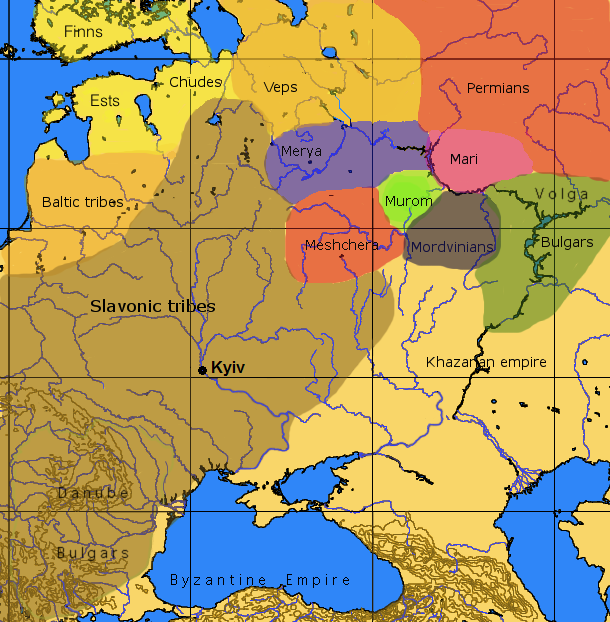
Imperial falsifications of history were present in all empires, not only in Russia. However, the Russian case is peculiar because the imperial falsifications are not revised till today. On the contrary, Russia continues basing its identity on the imperialist project of Big Russia (“Velikaya Rossiya”), and the motives for Russia to invade Ukraine are rooted in its imperialist ambitions. Russia is indeed the largest state of the world because it still includes its previously colonized lands, and the ideas of the Ruscism and the Russian world still envisage expansion.
Fake Russian version of Ukrainian history
The pan-Slavonic myth of the alleged unity of Russia, Ukraine, and Belarus, which has no historical grounds, it was invented with a political purpose and stays with it by today. The idea is an instrument of further Russian expansion to the West – the ongoing forced imposition of the “Russian world” to the parts of the world that never were Russian and never wanted to be Russian. Russia sees Ukraine a target that Russia has not been able to reach for centuries; Russia did invade Ukraine numerous times but was not able to conquer Ukraine completely.
Terrel Jermaine Starr, founder and host of Black Diplomats, tweeted on 13 March 2022:
“One reason why Russian imperialism is so hard for so many in the West to comprehend is that many can't see "white" Ukrainians as being oppressed--especially by "white" Russians. Many aren't used to "white" people being dehumanized others in ways similar to dehumanizing Black/Brown peoples.”
Certainly, the oppression of Ukrainians by Russia is different from racism in other colonial empires. But it shares with them the contemptuous attitude, coercive rewriting of history, and the colonizer’s conviction of its right to rule over others, based on the idea that the colonized peoples are inferior.
71% of Russians feel “pride, joy, respect, hope” regarding war against Ukraine – poll
The Russian approach to Ukrainians that created an ideological basis for invading Ukraine, is most vividly reflected in the idea of Ukraine being a “younger brother”, who cannot live without its “older brother” Russia. The Ukrainian nation was renamed by Russia “Little Russia” (“Malorosiya”), though history proves that an ancient state existed on the territory of Ukraine and Belarus, not of Russia, and the Ukraine-Rus title of the land is more appropriate. Ukrainians used to call themselves Rusyny in times when Muscovites did not even have political or cultural contact with them.
Racist attitude towards Ukrainians in Russian literature
Even among “the greatest minds” of Russia, the majority of authors of “Great Russian literature” shared the imperial idea of Russia and its racist attitudes towards Ukrainians.
In his poem “Poltava,” Pushkin identified Ukrainian hetman Mazepa as a "traitor" without a "fatherland." And Pushkin never called the country "Ukraine" or "Rus "but Malorosiya (“Small Russia”).
In his extremely contemptuous poem “On the independence of Ukraine” Nobel laureate Joseph Brodsky addresses Ukrainians:
“Enough to demand your rights… Only when you come to die, bulls, / will you wheeze, scratching the edge of the mattress, /lines from Alexander, not Taras's bullshit.”
Taras – Taras Shevchenko – is the national Ukrainian poet. Another Russian author, Mikhail Bulgakov, wrote that the Ukrainian language is “a vile language that does not exist in the world.” Maxim Gorky wrote in one of his letters,
“It seems to me that the translation of this story into the Ukrainian dialect is also not needed. I am very surprised by the fact that people not only claim the difference of dialects and seek to make the dialect "language", but also oppress those Great Russians who are a minority in the field of this dialect”
“Great Russians who are a minority” here are Russian colonizers who came to Ukrainian cities who certainly spoke their native language to colonize them.
Generally, not only Ukrainians are despised in most of the Russian literature, but Slavs as a whole. In 1877 Fedor Dostoyevsky described his ideas about Slavs in his diary:
“Russia will not have, and never has had, such haters, envious, slanderers and even obvious enemies as all these Slavic tribes, as soon as Russia will liberate them, and Europe will agree to recognize them liberated!”
The modern assessment of Ukrain sounds no much different from a piece from Dostoyevsky’s 1877 diary:
“For Russia’s modern political elite the motto of the day sounds like this: ‘Russophobia is the one and only major manifestation of racism in the contemporary world’.”
That is, Russia in its classical way tries to appropriate racism as if it is directed exclusively at Russia. Under Putin, the Russian government has financed “Russophobia research” to substantiate its claims. Russia rejects any discussion, pointing to others’ faults every time when someone points to its faults. And, certainly, Ukrainophobia flourishes in today’s Russia, for example in its movie narratives.
A historian Mart Kuldkepp commented on 13 March 2022:
“What makes Russian colonialism confusing for Western audiences is their insistence that their colonies are also 'Russia' and that Russia is not a nation, but rather a civilization with a God-given right to rule over others.”
In the scene where Putin tells the Russian boy that “Russia has no borders,” it is not Putin’s personal opinion, but, as demonstrated by the polls of Russians’ support for the 2022 war, is a public demand. And it is quite possible that this boy’s parents demand it too.
The concept of "Russian World" justifies the expansion by God-givenness and has a long history of rewriting the history of Slavic nations precisely to forcefully subjugate them to Russia. Still, Slavic nations are only the first step in realization of the "Russian World" idea. The ultimate goal of ruscists is to expand the "Russian World" onto the whole world.
Read more:
- Russian World: the heresy driving Putin’s war
- Why have Z and V become Russia’s symbols of war against Ukraine?
- The Russian invasion of Ukraine is an assault on the very concept of freedom
- Russism Last Refuge of Putinism, Ikhlov Says
- How Alexander Dugin’s Neo-Eurasianists geared up for the Russian-Ukrainian war in 2005-2013
- Taras Shevchenko. The case of a personal fight against the Russian Empire
- Putin’s Big Lie: the “Donbas genocide” and “impending Ukrainian attack”
- Is Volodymyr the Great a prince of Kyivan Rus or Ukraine-Rus?


